COURSE OVERVIEW
DE0149 : Chemical handling and injection - Basics
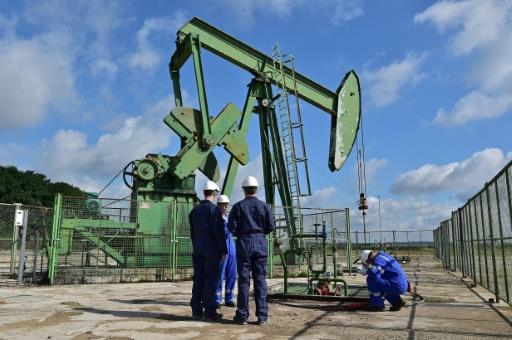
OVERVIEW
| COURSE TITLE | : | DE0149 : Chemical handling and injection - Basics |
| COURSE DATE | : | Nov 17 - Nov 21 2025 |
| DURATION | : | 5 Days |
| INSTRUCTOR | : | Mr. Sergey Kole |
| VENUE | : | Abu Dhabi, UAE |
| COURSE FEE | : | $ 8000 |
Course Description
This practical and highly-interactive course includes real-life case studies and exercises where participants will be engaged in a series of interactive small groups and class workshops.
Production chemistry issues occur as a result of chemical and physical changes to the well stream fluids, as it is transported from the reservoir through the processing system. The well stream fluids may consist of a mixture of liquid hydrocarbon (oil or condensate), gaseous hydrocarbon (raw natural gas), and associated water. This mixture passes from the reservoir, through the tubular string and wellhead, and then along flowlines to the processing plant where the various phases are separated. As the fluids will experience a significant drop in pressure, a change in temperature, and considerable agitation, there will be predictable and sometimes unpredictable changes in state that impact on the efficiency of the overall operation. In general, production chemistry problems are one of four types:
Problems caused by fouling. This is defined as the deposition of any unwanted matter in a system and includes scales, corrosion products, wax (paraffin), asphaltenes, biofouling, and gas hydrates.
Problems caused by the physical properties of the fluid. Foams, emulsions, and viscous flow are examples.
Problems that affect the structural integrity of the facilities and the safety of the workforce. These are mainly corrosion-related issues.
Problems that are environmental or economic. Oily water discharge can damage the environment and the presence of sulfur compounds such as hydrogen sulfide (H2S) has environmental and economic consequences.
The resolution of these problems can be made by the application of nonchemical techniques and through the use of properly selected chemical additives. A good facilities design and correct choice of materials can significantly reduce production chemistry issues later in field life. Unfortunately, crude oil production is characterized by variable production rates and unpredictable changes to the nature of the produced fluids. It is therefore essential that the production chemist can have a range of production chemical additives available that may be used to rectify issues that would not otherwise be fully resolved.
Modern production methods, the need to upgrade crude oils of variable quality, and environmental constraints demand chemical solutions. Oilfield production chemicals are therefore required to overcome or minimize the effects of the production chemistry problems.
This course is designed to provide participants with a detailed and an up-to-date overview of chemical injection and well production optimization. It covers the production chemistry and environmental issues; the control for water, gas and asphaltene; the acid stimulation; the control of naphthenate and other carboxylate fouling; the methods of corrosion control, corrosion inhibitors and film-forming corrosion inhibitors during production; the control of gas hydrate, wax (paraffin) and methods of demulsifiers; and the foam control, flocullants and biocides.
During this interactive course, participants will learn the hydrogen sulfide and oxygen scavengers; the drag-reducing agents; the production system of reservoir, well-bore, vertical flow, constraints and interactions; the performance of productive formation and vertical lift; the flowing well performance of pressure gradient curves and traverses, determination of well deliverability, graphical solution of pressure losses in oil wells and two phase flow through chokes; and the artificial lift systems.
link to course overview PDF
Production chemistry issues occur as a result of chemical and physical changes to the well stream fluids, as it is transported from the reservoir through the processing system. The well stream fluids may consist of a mixture of liquid hydrocarbon (oil or condensate), gaseous hydrocarbon (raw natural gas), and associated water. This mixture passes from the reservoir, through the tubular string and wellhead, and then along flowlines to the processing plant where the various phases are separated. As the fluids will experience a significant drop in pressure, a change in temperature, and considerable agitation, there will be predictable and sometimes unpredictable changes in state that impact on the efficiency of the overall operation. In general, production chemistry problems are one of four types:
Problems caused by fouling. This is defined as the deposition of any unwanted matter in a system and includes scales, corrosion products, wax (paraffin), asphaltenes, biofouling, and gas hydrates.
Problems caused by the physical properties of the fluid. Foams, emulsions, and viscous flow are examples.
Problems that affect the structural integrity of the facilities and the safety of the workforce. These are mainly corrosion-related issues.
Problems that are environmental or economic. Oily water discharge can damage the environment and the presence of sulfur compounds such as hydrogen sulfide (H2S) has environmental and economic consequences.
The resolution of these problems can be made by the application of nonchemical techniques and through the use of properly selected chemical additives. A good facilities design and correct choice of materials can significantly reduce production chemistry issues later in field life. Unfortunately, crude oil production is characterized by variable production rates and unpredictable changes to the nature of the produced fluids. It is therefore essential that the production chemist can have a range of production chemical additives available that may be used to rectify issues that would not otherwise be fully resolved.
Modern production methods, the need to upgrade crude oils of variable quality, and environmental constraints demand chemical solutions. Oilfield production chemicals are therefore required to overcome or minimize the effects of the production chemistry problems.
This course is designed to provide participants with a detailed and an up-to-date overview of chemical injection and well production optimization. It covers the production chemistry and environmental issues; the control for water, gas and asphaltene; the acid stimulation; the control of naphthenate and other carboxylate fouling; the methods of corrosion control, corrosion inhibitors and film-forming corrosion inhibitors during production; the control of gas hydrate, wax (paraffin) and methods of demulsifiers; and the foam control, flocullants and biocides.
During this interactive course, participants will learn the hydrogen sulfide and oxygen scavengers; the drag-reducing agents; the production system of reservoir, well-bore, vertical flow, constraints and interactions; the performance of productive formation and vertical lift; the flowing well performance of pressure gradient curves and traverses, determination of well deliverability, graphical solution of pressure losses in oil wells and two phase flow through chokes; and the artificial lift systems.
TRAINING METHODOLOGY
This interactive training course includes the following training methodologies:
LecturesPractical Workshops & Work Presentations
Hands-on Practical Exercises & Case Studies
Simulators (Hardware & Software) & Videos
In an unlikely event, the course instructor may modify the above training methodology for technical reasons.
VIRTUAL TRAINING (IF APPLICABLE)
If this course is delivered online as a Virtual Training, the following limitations will be applicable:
| Certificates | : | Only soft copy certificates will be issued |
| Training Materials | : | Only soft copy materials will be issued |
| Training Methodology | : | 80% theory, 20% practical |
| Training Program | : | 4 hours per day, from 09:30 to 13:30 |
This course is no longer available.
Please check below for other scheduled dates.
RELATED COURSES
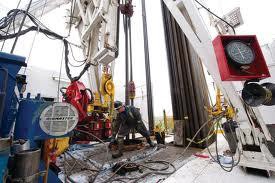
DE0979 : Pore Pressure & Well Control
- Date: Feb 22 - Mar 12 / 3 Days
- Location: Doha, Qatar
- Course Details Register
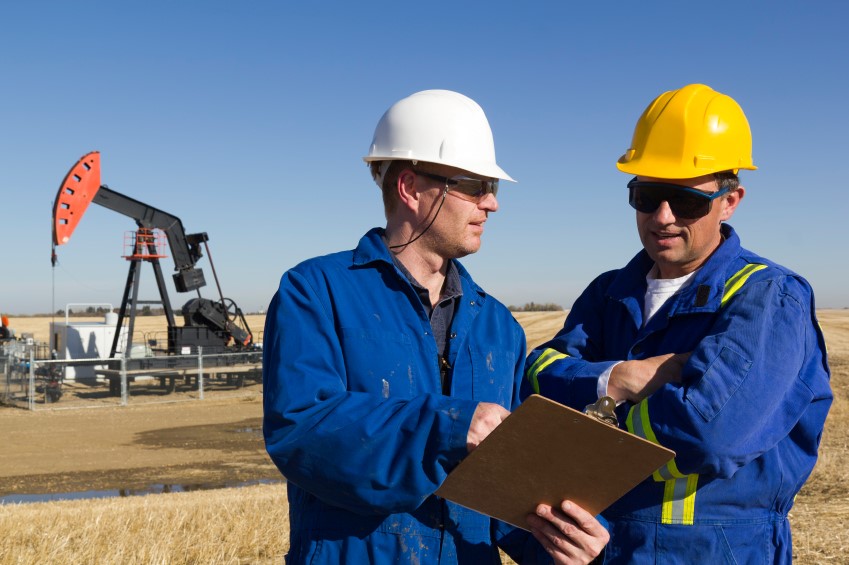
DE0338 : Concept Selection and Specification of Production Facilities in Field Development Projects
- Date: Feb 22 - Mar 12 / 3 Days
- Location: Dubai, UAE
- Course Details Register
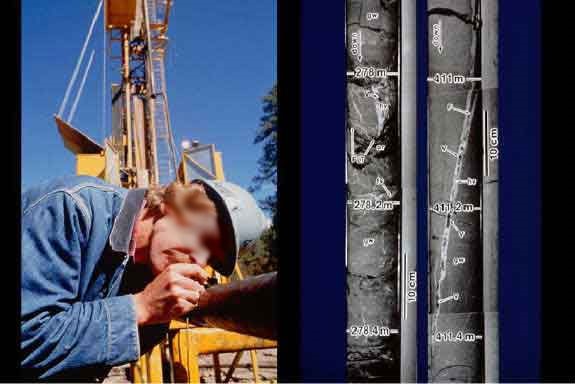
DE0805 : Coring and Core Analysis
- Date: Feb 22 - Mar 12 / 3 Days
- Location: Dubai, UAE
- Course Details Register
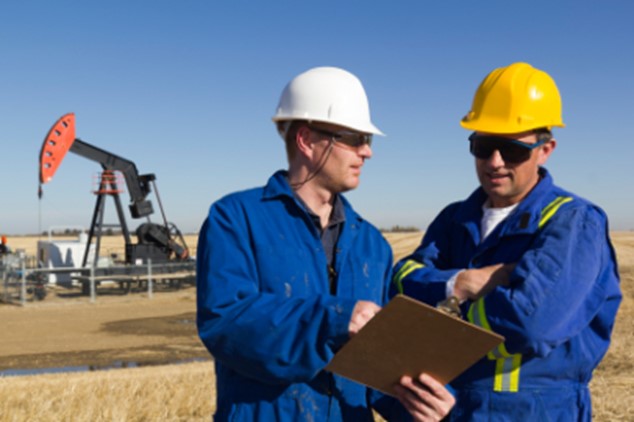
DE0460 : Artificial Lift Systems & Optimization Technology
- Date: Feb 22 - Mar 12 / 3 Days
- Location: Doha, Qatar
- Course Details Register
